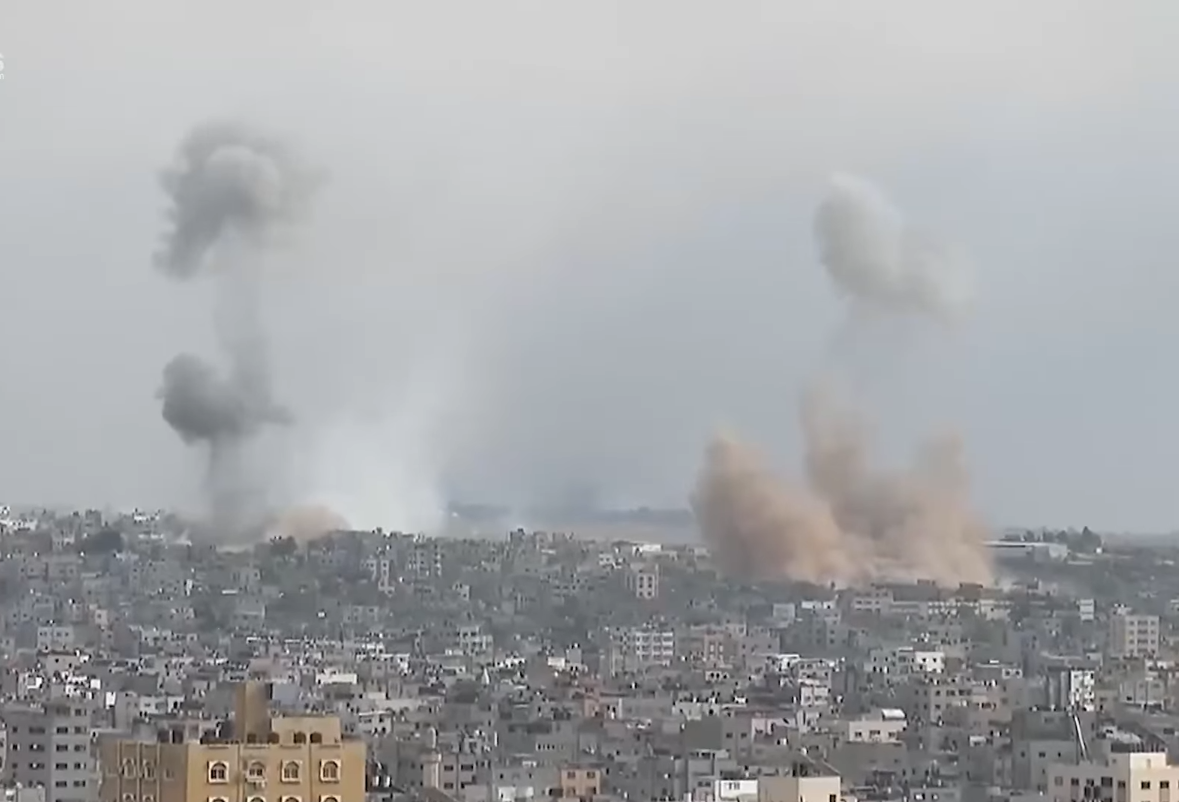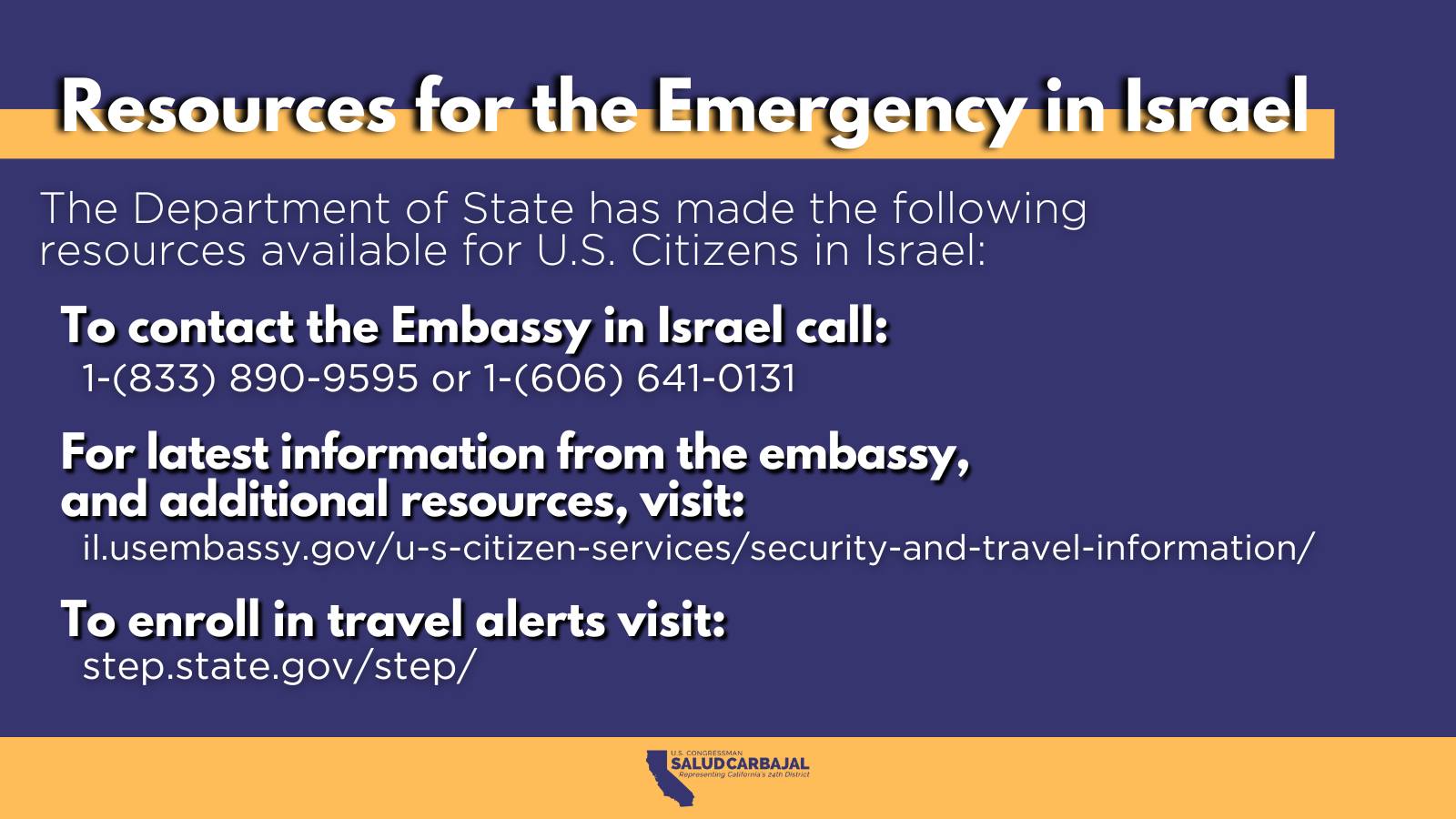Israel and Hamas at War: The First Four Days in Brief
President Joe Biden Calls Assault ‘Terrorism’ and Promises to Send Military and Other Assistance

Since the surprise attack on Israel by Hamas fighters on October 7, Israel’s allies have declared their support for the nation. President Joe Biden called the assault “terrorism,” promised to send military and other assistance, and said Israel had the right to defend itself.
And it has. Israel Prime Minister Benjamin Netanyahu declared war on Hamas shortly after the attacks. By the Independent’s Tuesday press deadline, Netanyahu decreed Gaza under a state of siege, closing all border crossings. Israeli airstrikes have reduced buildings throughout Gaza to rubble, 360,000 reservists have been called up, and the Israel Defense Forces said they are now beginning a major military action “to change the reality.” Though the barrage of missile attacks from inside Gaza have continued, many are successfully intercepted by Israel’s defense system.
The brutality of the assaults on people attending a music festival and those living in the numerous farming kibbutzim along the Gaza border galvanized Israel and much of the world. Horrific videos of Hamas fighters shooting and killing civilians randomly have saturated news streams and social media. News reporters have described harrowing scenes as massacres.
President Biden compared Hamas to the Islamic State and said it did not stand for the rights of Palestinians. Santa Barbara Congressmember Salud Carbajal condemned the terrorism in Israel and signed a resolution with his House colleagues to denounce “this horrific murder of hundreds of innocent civilians.”
In the first attack, 1,000 people, including 14 Americans, were killed inside Israel, according to authorities. Palestinian sources said the airstrikes have killed 920 people in Gaza. More than 100 hostages, including Americans and other foreign nationals, are now being held in Gaza. Hamas threatens to kill one hostage for every airstrike that occurs without warning.
Humanitarian concern is mounting over the fate of the two million people living in the 140 square miles that make up Gaza, considered to be one of the most densely populated regions in the world. The siege will stop food, fuel, and electricity coming into the region. United Nations Secretary General António Guterres called for Israel to allow relief officials and humanitarian aid to reach Gaza.





You must be logged in to post a comment.